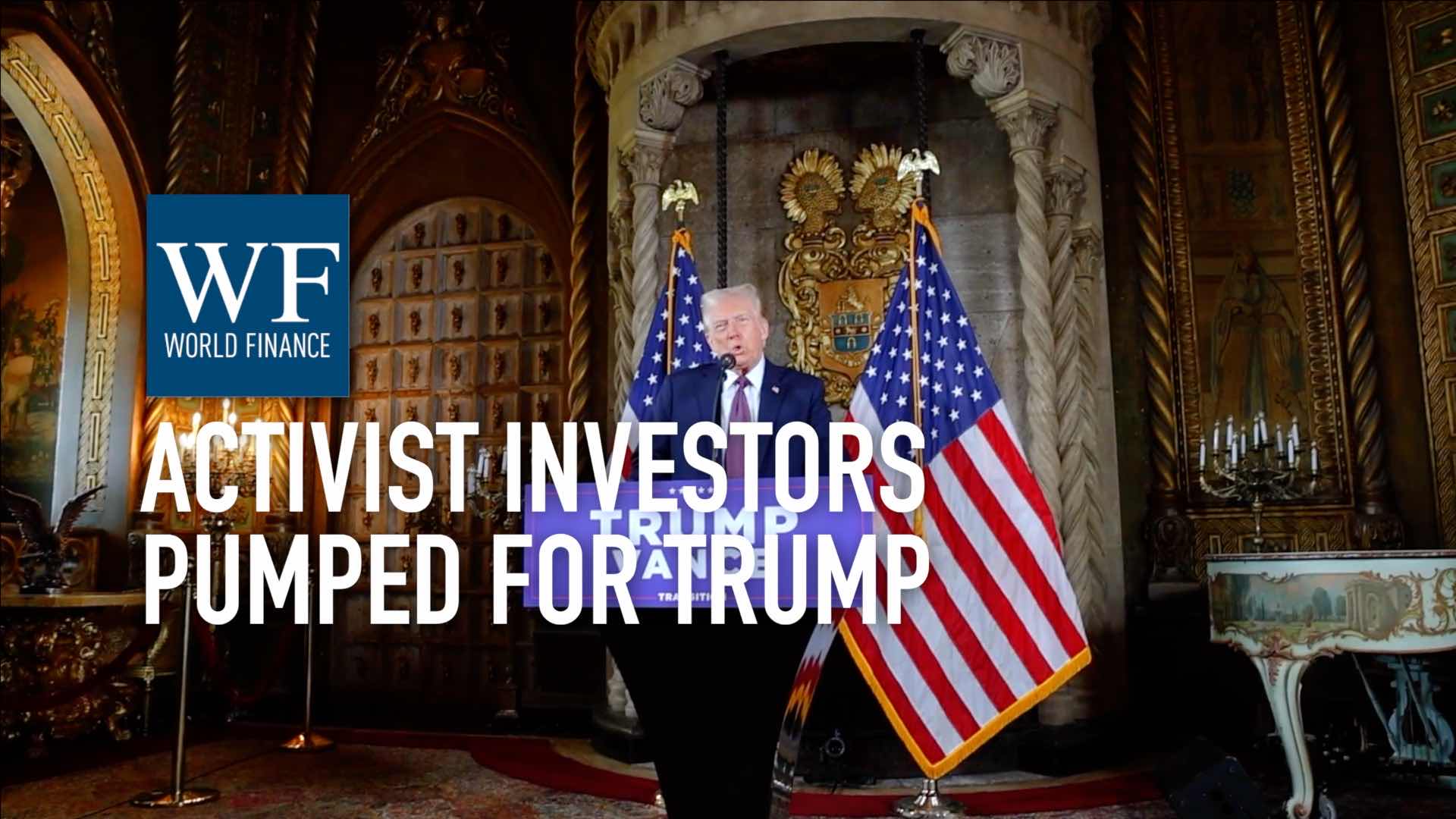Haitong Bank’s New China Index: lifting the lid on Chinese investment
Western investors can now monitor where they can – and should – invest in China, says CEO José Maria Ricciardi
Related:
Transcript
China and Europe trade well over €1bn every day, according to EC statistics. Haitong Bank – the product of the acquisition of Portugal’s BESI by China’s Haitong Securities – offers Europe and China a platform for even greater trade and investment. The bank’s CEO, José Maria Ricciardi, explains why it has launched a New China Index, to track the transformation of China’s economy from one dependent on manufacturing and heavy industry, to a more service-driven, technological one. He also highlights the key sectors that China is investing in overseas, including €21bn into Europe last year. And he suggests that the potential for Chinese capital renewing Europe’s ageing infrastructure could be enormous.
World Finance: China and Europe trade well over €1bn every day, according to EC statistics. Haitong Bank – the product of the acquisition of Portugal’s BESI by China’s Haitong Securities, offers Europe and China a platform for even greater trade and investment. The bank’s CEO, José Maria Ricciardi, joins me now.
José let’s start with the toughest question: trust. Because there is this long-standing, historical mistrust of China because of government intervention, issues with intellectual property rights. So how would you describe Europe’s relationship with China today?
José Maria Ricciardi: In the past we could understand that. But China has made an enormous effort to become a much better regulated economy, and is making an enormous fight against corruption.
Lack of transparency, a certain opacity: this is no more the reality.
World Finance: Haitong has created the New China Index; tell me about this, why have you created it and what does it track?
José Maria Ricciardi: It’s a very good indicator for western investors, to see exactly the sectors and the activities where they can invest in China.
The Chinese economy is changing from this traditional, heavy, manufacturing industry with pollution; for a service, technological economy. And this New China Index looks to reflect the new reality of the Chinese economy: namely, consumer spending, travel volumes, online and mobile usage, shadow banking. All these new realities that in China are becoming more and more important in their economy, and are sustaining a certain level of growth
Giving you an example: in 2015, the country that was most important in luxury consuming goods was China. And this shows that the main brands of the western world have understood this change in the behaviour of the Chinese consumers, and they’ve invested in a very considerable way in their economy.
So, we really think and believe that this index is going to be an enormous opportunity for all investors to see how the growth is going to go on such an important economy in a very, very fast pace.
World Finance: And money is moving the other way as well; China is investing all over the world. Last year it invested €21bn into Europe. What kinds of sectors is China exploring?
José Maria Ricciardi: They are exploring many sectors that are related to technology issues. Also in the food sector, because for them it’s very important to enhance their food production.
They are also investing in the financial sector. For them it’s very important because a presence in the financial sector in the western world assists the investments of their companies in the western world.
Fintech is going to be very important for them. It’s such a big population, so everything related to this new online, new electronic world of finance.
World Finance: And how does Haitong Bank fit into this, as a platform of trade between the two regions?
José Maria Ricciardi: Haitong Group is the second largest investment bank in China, and it’s the leading investment bank in Hong Kong, and has a growing presence in what we normally call southeast Asia; so in Singapore, Tokyo and other places.
But it wants to become a global bank. To assist and to advise its clients. And so for Haitong Bank, this is a huge opportunity to be of the first movers, one of the players in this movement. Not only, if I may say, in the M&A traditional activities, but also in capital markets, from DCM to ECM activities. And even later on, for FICC and cash equity activities. In Europe, and also in the US, and also as I said in certain very important emerging markets. But also the other way around; our western clients.
World Finance: Finally, what advice would you give to European investors looking to explore China, and vice versa?
José Maria Ricciardi: Europe is the most important trading partner of China. They have established a strategy that says ‘One Belt, One Road.’ They want to become closer to Europe. Europe lacks capital. Europe lacks long-term finance for infrastructure investments.
If we are clever with the way we deal with China, if we overcome our cultural differences in a pragmatic way; for Europe, this is going to be very important.
And I hope that Haitong Bank will also be a part of this new, enormous cross-border flow of deals between the main economy in the east, and the most important economic block of the world; which is the European one.
World Finance: José, thank you very much.
José Maria Ricciardi: Thank you very much.

 Prepare now for aggressive shareholder activism under Trump 2.0, says Kai Liekefett
Prepare now for aggressive shareholder activism under Trump 2.0, says Kai Liekefett Banco Popular Dominicano: Digitalising Dominican finance
Banco Popular Dominicano: Digitalising Dominican finance
